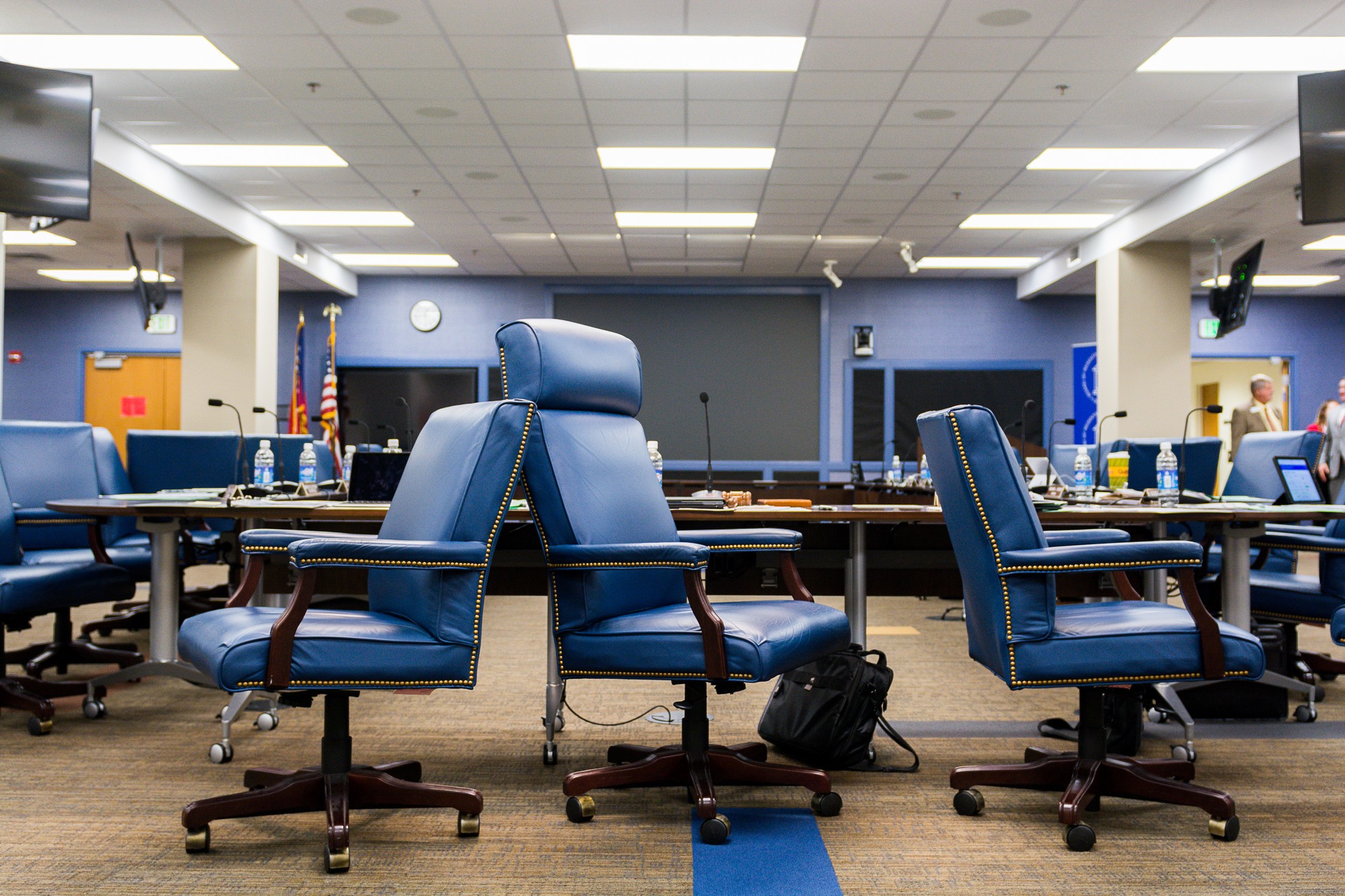During my freshman year of college, I took my first international trip to Salvador, Brazil, for just 10 days. Despite a remarkable experience, I was disheartened by the communication barrier between me and the welcoming Brazilian people. When I returned home, I was determined to overcome this impediment by learning at least one other language, so I chose to minor in Spanish.
What I did not realize is how extremely difficult it is to learn a second language, especially while living in your native country.
Although I have taken Spanish classes for the past three years, I feel far from being fluent in the language. These few hours of Spanish a week do not allow enough time for the brain to retain a second language, especially when I am speaking and hearing English everywhere outside of the classroom.
Luckily, there are numerous study abroad opportunities that allow for complete immersion in the second language and culture. And, based on what I have heard and observed from students who have studied abroad, immersion is the most effective way to learn a new language.
One of these students, Junior Rachel Stratacas, a Modern Language and Culture major and Portuguese minor, agrees that studying abroad in Peru improved her language capabilities.
“I learned new words, phrases and ways of communicating every single day, she said.
Living in another country, one is basically forced to learn the language.
“Although tons of the natives could speak English, almost none of them would,” Stratacas said. “You really have to fend for yourself most of the time for everyday things like grocery shopping, ordering at restaurants, hailing cabs, and especially communicating with your host family.”
The amount of time spent studying abroad also plays a major part in how quickly one learns the second language.
Although the five weeks she spent in Peru did make her “more confident to speak [the language],” Stratacas said, ” it is more beneficial to choose a study abroad that is more extensive. After four weeks, you are just starting to break through,” which is exactly why she plans to study for a whole semester in Spain next year.
From students’ testimonies and proof of enhanced language understanding and verbal confidence, I strongly believe that studying abroad is almost necessary to become fluent in another language.
So what is keeping students from studying abroad? Many say that they either do not have enough time or money.
However, Stratacas insists that “there really couldn’t be a better or a cheaper time. You can utilize your financial aid, scholarships, and get the academic credit you need.”
It’s true. Many of the study abroad trips include transportation, housing, and excursions all offered at a better price than you will ever get outside of college.
Unfortunately, I never took advantage of the study abroad opportunities, but looking back now, I really wish I had.
Although I will achieve a Spanish minor upon graduation this semester, I will not be fluent; if I had studied abroad, I believe that my second language competence would be at a higher level.
As Stratacas says, “I couldn’t imagine anyone ever regretting the experience; only not going would be something hard to swallow.”
Take advice from someone who is having trouble swallowing the fact that she did not take the opportunity, and for the love of language, study abroad.



